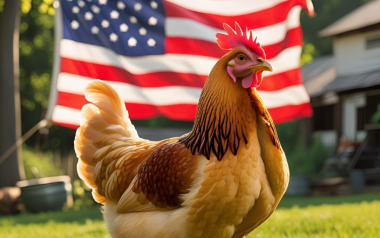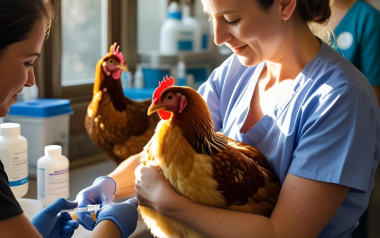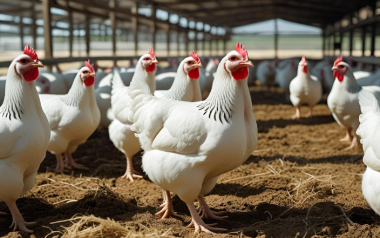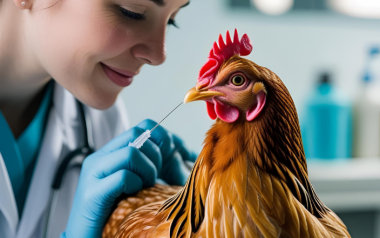Sources: Available upon request
18 Jul 2024
Avian Influenza H5N1 cases confirmed in Colorado poultry workers
Health officials in Colorado have confirmed a total of five human cases of avian influenza (H5N1) in workers who responded to an outbreak at a commercial egg layer operation.
Health officials in Colorado have confirmed a total of five human cases of avian influenza (H5N1) in workers who responded to an outbreak at a commercial egg layer operation. The Centers for Disease Control and Prevention (CDC) has verified four of these cases, while one additional case is presumptive positive and pending confirmation.
Outbreak details
The affected workers were involved in culling poultry at a farm in northeast Colorado. Despite exhibiting mild symptoms, including conjunctivitis (commonly known as pink eye) and respiratory infection symptoms, none of the individuals required hospitalization.
These recent cases in Colorado have sparked considerable concern among health officials. The five individuals, whose identities have not been disclosed for privacy reasons, are believed to have contracted the virus through direct contact with infected poultry. According to the CDC, these cases were identified through routine surveillance and testing of individuals exposed to potentially infected birds.
Coordination and investigation
Dr. Rochelle Walensky, Director of the CDC, emphasized the importance of early detection and response in containing the virus. “Our priority is to ensure the health and safety of the public,” she stated in a press briefing. “We are working closely with state and local health departments to identify the source of the infection and prevent further spread.”
The Colorado Department of Public Health and Environment (CDPHE) collaborated with the Colorado Department of Agriculture, the State Emergency Operations Center, and the CDC to investigate the outbreak. The investigation is ongoing, with continued support from the CDC.
Safe consumption of poultry products
Health authorities emphasize that it is safe to consume properly handled and cooked poultry products. Adequate cooking kills bacteria and viruses, including avian flu viruses. If you work with dairy cows or poultry and experience flu-like symptoms, seek medical care promptly.
Global Implications
The cases in Colorado are a stark reminder of the ongoing threat posed by avian influenza. While the current risk to the general public remains low, the potential for the virus to mutate and gain the ability to spread more easily among humans is a significant concern. This scenario could lead to a global pandemic with devastating consequences.
The WHO and other international health agencies are closely monitoring the situation in Colorado and are prepared to provide support if needed. Dr. Tedros Adhanom Ghebreyesus, Director-General of the WHO, reiterated the importance of global cooperation in addressing zoonotic diseases. “No country can tackle these threats alone,” he said. “We must work together to strengthen our surveillance, research, and response capabilities to prevent future outbreaks.”
Conclusion
The identification of H5N1 cases in Colorado serves as a critical reminder of the ever-present threat posed by zoonotic diseases. The CDC’s swift action in investigating and containing these cases is a testament to the robust public health infrastructure in place, but continued efforts are needed to safeguard against future outbreaks. As we navigate these challenges, global cooperation and investment in public health will be essential in building a safer, healthier future for all.








































